Gender Studies and War Challenges in Resilience of Universities in Ukraine: Networking for Excellence in Teaching and Institutional Development
- International conference: Gender Equality and Gender Studies at Universities: War, Peace and Development
- Online course: Rethinking Gender, War, and Peace in XXIst Century: Ukraine in Comparative Perspective
- Part 1: Feminist Theorizing and re-thinking Gender and War
- Part 2: Comparative studies of gender issues under Russia's wars of the 21st century
- Part 3: Gender issues in wartime Ukraine and post-war development
ABOUT THE PROJECT
This course aims to critically rethink gender studies within the frame of comparative approaches to war and peace with a regional focus on Russia's wars in Ukraine and in the post-USSR region.
The critical rethinking of teaching and learning Gender issues within the frame of comparative approaches to war and peace with a regional focus on Russia’s wars in Ukraine and in the post-USSR region. The course is developed as a cooperation between the network of the Gender studies researcher (Kyiv, Tbilisi, Vilnius, and Lund) in collaboration with scholars who work on the issues internationally, focused on supporting the network and debate between scholars in Ukraine and in exile due to full scaled russian war. The course is constructed as a set of modules that consists of recorded video lectures on topics by different scholars available online at the platform of the project after the project is finished; and as an online course in the academic year 2023-2024 presented a set of open guest lectures for students of partner universities (Kyiv, Kharkiv, Vilnius, Tbilisi, and Lund) that are given within the frame of current curriculum at each University, and open to join for students and scholars from the other partner universities. Upon successful completion of the course (attendance of 10 lectures minimum), students will be issued an international certificate of attendance.

PARTNER UNIVERSITIES
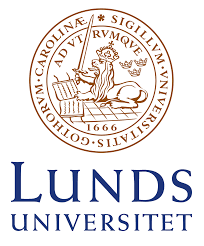
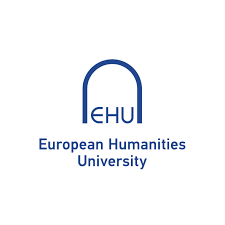
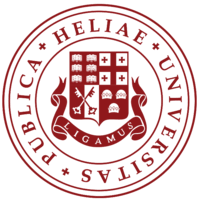
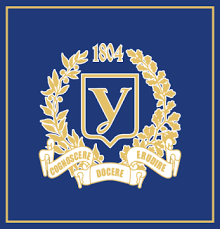
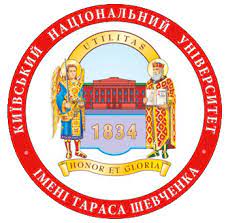


- Lund University (LU), Lund, Sweden
- Taras Shevchenko National University of Kyiv (TSNUK), Kyiv, Ukraine
- Ilia State University (ISU), Tbilisi, Georgia
- V. N. Karazin Kharkiv National University (KhNU), Kharkiv, Ukraine
- European Humanities University (EHU), Vilnius, Lithuania
with the support from the Swedish Institute.


